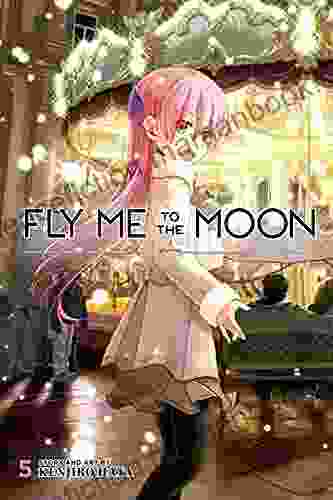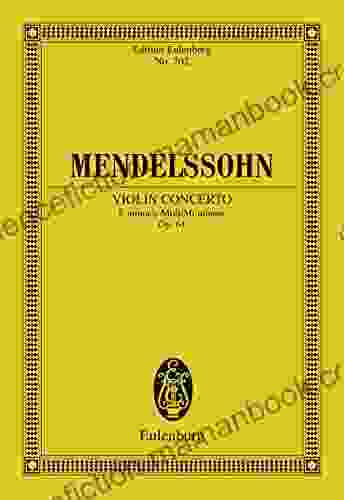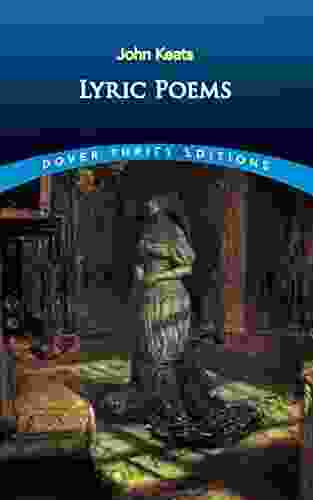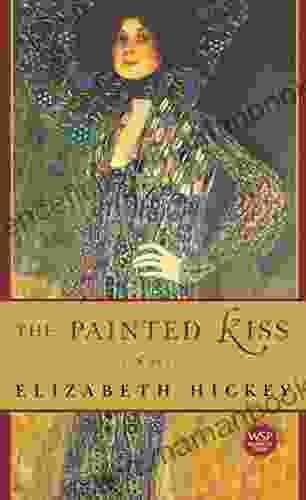Violin Concerto in D Minor, Op. 64: A Masterpiece for the Ages

In the annals of classical music, the Violin Concerto in D Minor, Op. 64, composed by Felix Mendelssohn in 1844, stands as a towering masterpiece. This three-movement concerto is not only a testament to Mendelssohn's prodigious talent but also a beloved work that has captivated audiences for generations. Its captivating melodies, virtuosic passages, and profound emotional depth have cemented its place as one of the most cherished violin concertos in the repertoire.
The Genesis of a Masterpiece
The genesis of the Violin Concerto in D Minor can be traced back to Mendelssohn's travels to Scotland in 1842. Inspired by the rugged landscapes and rich musical traditions of the Scottish Highlands, Mendelssohn began sketching out ideas for a violin concerto. He returned to Leipzig later that year and completed the work in 1844. The concerto was premiered in Leipzig on March 13, 1845, with Ferdinand David as the soloist. The work was an immediate success and quickly established itself as a cornerstone of the violin repertoire.
4 out of 5
| Language | : | English |
| File size | : | 10708 KB |
| Screen Reader | : | Supported |
| Print length | : | 76 pages |
A Look Inside the Concerto
The Violin Concerto in D Minor is cast in three movements:
- Allegro molto appassionato: The opening movement is characterized by its passionate and dramatic character. The violin enters with a soaring melody that immediately captures the listener's attention. The orchestra provides a rich and supportive accompaniment, creating a sense of urgency and excitement.
- Andante: The second movement is a lyrical and introspective interlude. The violin plays a beautiful and melancholic melody that is accompanied by delicate harmonies in the orchestra. The movement provides a contrast to the intensity of the first movement and showcases the violin's expressive capabilities.
- Allegro molto vivace: The third movement is a rousing and energetic finale. The violin engages in a virtuosic display of技巧, with rapid passages, double stops, and soaring melodies. The orchestra provides a lively and rhythmic accompaniment, driving the movement forward to a triumphant .
The Soloist's Role
The Violin Concerto in D Minor places enormous demands on the soloist. The work requires a high level of virtuosity, both in terms of technical proficiency and interpretative skills. The soloist must possess a deep understanding of the music and be able to convey its emotional depth and lyrical beauty. The violin part is full of technical challenges, including intricate fingerings, rapid arpeggios, and demanding double stops. The soloist must also be able to project a strong tone and have a keen sense of intonation to ensure a cohesive performance with the orchestra.
Orchestral Accompaniment
The orchestra plays a vital role in the Violin Concerto in D Minor. It provides a rich and supportive accompaniment to the soloist, creating a dynamic and engaging musical dialogue. The orchestra's instrumentation includes woodwinds, brass, strings, and percussion. The woodwinds provide melodic support and color, while the brass adds weight and power to the ensemble. The strings provide a solid foundation for the soloist and contribute to the overall texture of the work. The percussion adds rhythmic drive and excitement, particularly in the finale.
Musical Significance
The Violin Concerto in D Minor, Op. 64, has had a profound impact on the world of classical music. It is considered one of the greatest violin concertos ever written and is regularly performed by violinists worldwide. The concerto has also inspired countless composers, including Pyotr Ilyich Tchaikovsky and Sergei Rachmaninoff, who wrote their own violin concertos under its influence.
Notable Recordings
There are numerous notable recordings of the Violin Concerto in D Minor, Op. 64. Some of the most acclaimed include:
- Jascha Heifetz with the Philadelphia Orchestra conducted by Eugene Ormandy (1949)
- Itzhak Perlman with the Berlin Philharmonic Orchestra conducted by Daniel Barenboim (1986)
- Anne-Sophie Mutter with the New York Philharmonic Orchestra conducted by Kurt Masur (1996)
- Hilary Hahn with the London Symphony Orchestra conducted by Vladimir Jurowski (2012)
- Joshua Bell with the Boston Symphony Orchestra conducted by Andris Nelsons (2020)
The Violin Concerto in D Minor, Op. 64, by Felix Mendelssohn is a timeless masterpiece that continues to captivate and inspire audiences. Its virtuosic passages, lyrical melodies, and profound emotional depth have enshrined it as one of the greatest violin concertos ever written. Whether experienced in a live performance or through a recording, the Violin Concerto in D Minor is a musical journey that transports listeners to a realm of beauty, passion, and virtuosity.
4 out of 5
| Language | : | English |
| File size | : | 10708 KB |
| Screen Reader | : | Supported |
| Print length | : | 76 pages |
Do you want to contribute by writing guest posts on this blog?
Please contact us and send us a resume of previous articles that you have written.
 Top Book
Top Book Novel
Novel Fiction
Fiction Nonfiction
Nonfiction Literature
Literature Paperback
Paperback Hardcover
Hardcover E-book
E-book Audiobook
Audiobook Bestseller
Bestseller Classic
Classic Mystery
Mystery Thriller
Thriller Romance
Romance Fantasy
Fantasy Science Fiction
Science Fiction Biography
Biography Memoir
Memoir Autobiography
Autobiography Poetry
Poetry Drama
Drama Historical Fiction
Historical Fiction Self-help
Self-help Young Adult
Young Adult Childrens Books
Childrens Books Graphic Novel
Graphic Novel Anthology
Anthology Series
Series Encyclopedia
Encyclopedia Reference
Reference Guidebook
Guidebook Textbook
Textbook Workbook
Workbook Journal
Journal Diary
Diary Manuscript
Manuscript Folio
Folio Pulp Fiction
Pulp Fiction Short Stories
Short Stories Fairy Tales
Fairy Tales Fables
Fables Mythology
Mythology Philosophy
Philosophy Religion
Religion Spirituality
Spirituality Essays
Essays Critique
Critique Commentary
Commentary Glossary
Glossary Bibliography
Bibliography Index
Index Table of Contents
Table of Contents Preface
Preface Introduction
Introduction Foreword
Foreword Afterword
Afterword Appendices
Appendices Annotations
Annotations Footnotes
Footnotes Epilogue
Epilogue Prologue
Prologue Robert De Graaf
Robert De Graaf David Burke
David Burke Nicole A Taylor
Nicole A Taylor Guile O Coyote
Guile O Coyote Javier O Huerta
Javier O Huerta Ramona Ausubel
Ramona Ausubel Shell Teri
Shell Teri Rajesh Krishnamurthy
Rajesh Krishnamurthy Terry Masear
Terry Masear James Naughton
James Naughton Keiko Kitamura
Keiko Kitamura H L Carter
H L Carter Louise Sharland
Louise Sharland R Douglas Hurt
R Douglas Hurt Kevin Kryptor
Kevin Kryptor Daniel Platt
Daniel Platt Kate Russell
Kate Russell Lakshmi Chintaluri
Lakshmi Chintaluri Cj Lyons
Cj Lyons John Keats
John Keats
Light bulbAdvertise smarter! Our strategic ad space ensures maximum exposure. Reserve your spot today!

 Carlos DrummondMeditation for Beginners: A Comprehensive Guide to Cultivating Inner Peace...
Carlos DrummondMeditation for Beginners: A Comprehensive Guide to Cultivating Inner Peace... José MartíFollow ·3.9k
José MartíFollow ·3.9k John Dos PassosFollow ·19.1k
John Dos PassosFollow ·19.1k Glenn HayesFollow ·7.7k
Glenn HayesFollow ·7.7k Ernest HemingwayFollow ·12.6k
Ernest HemingwayFollow ·12.6k Douglas FosterFollow ·13.5k
Douglas FosterFollow ·13.5k Dean ButlerFollow ·10.7k
Dean ButlerFollow ·10.7k Terry PratchettFollow ·8.9k
Terry PratchettFollow ·8.9k Cormac McCarthyFollow ·19.4k
Cormac McCarthyFollow ·19.4k

 Ashton Reed
Ashton ReedClean(ish) Food for People Who Like to Eat Dirty
By: [Your Name] Are...

 Ronald Simmons
Ronald SimmonsThe Handbook for Educators: A Comprehensive Guide to...
The Handbook for...

 Derrick Hughes
Derrick HughesAny Place Hang My Hat: A Hauntingly Beautiful Novel by...
A Masterpiece of...

 Adrien Blair
Adrien BlairFly Me to the Moon Vol. 5: A Lunar Odyssey through...
In the vast...

 William Powell
William PowellTips By Gardeners On Variety Of Subjects
Gardening...
4 out of 5
| Language | : | English |
| File size | : | 10708 KB |
| Screen Reader | : | Supported |
| Print length | : | 76 pages |










